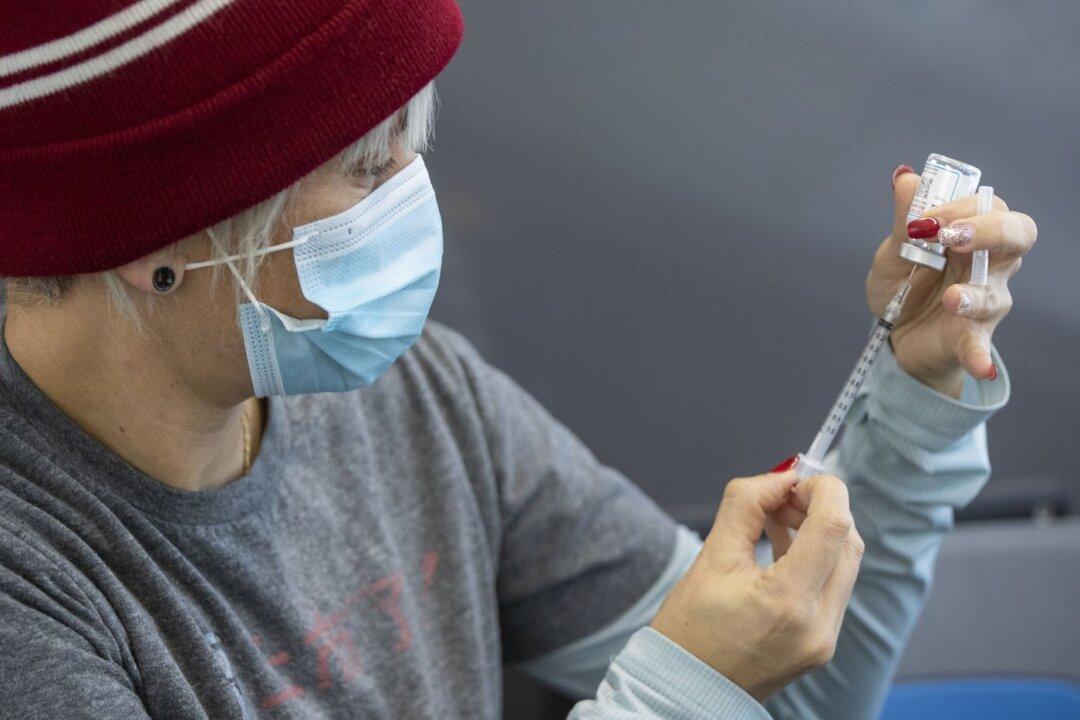Scientists in Israel claim they may have found antibodies that can fight all known COVID-19 strains, eliminating the need for vaccine booster shots.
The peer-reviewed study was led by Tel Aviv University researcher Dr. Natalia Freund and published in Nature’s Communications Biology section, and found antibodies that could be used to concoct an antibody infusion. Since the start of the pandemic, some monoclonal antibody treatments have been approved and used to treat COVID-19 patients with severe symptoms.






